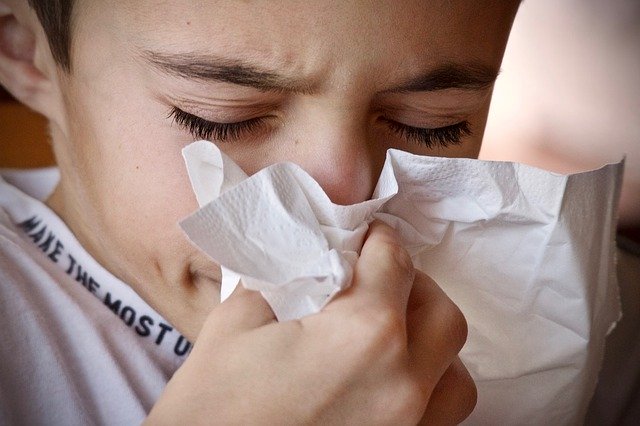One of the biggest mystery of the COVID-19 pandemic is a very different variability of how heavy the virus hits different people. While some seem to barely get any symptoms at all, the others are suffering from it very hard.
According to the new study of German scientists, this variability might be caused by the difference in the organism's immune response. Cells that are responsible for immune response are B-cells and T-cells. B-cells are needed to create antibodies, while T-cells are responsible for cell-mediated immunity.
T-cells recognize antigens with the help of T-cellular receptors (TCR). These receptors are immunoglobulins, just like the antibodies, and are able to bind with the antigens. T-helper cells use CD4 receptors, while T-killers use CD8 for this process.
The main goal of T-helpers is to make the adaptive immune response as strong as possible, so to make an immune response to COVID-19 stronger, T-cells with CD4 receptors and SARS-CoV-2 specific TCR should be present in the blood. In the case of SARS-CoV, that was proven to be effective but was never researched in-depth until the recent study by German scientists.
The goal of the study was to find out how often do T-cells with CD4 or CD4+ receptors and SARS-Cov-2 specific TCR can be found in the blood of healthy people without SARS-Cov-2 antibodies.
Fragments that are closer to the C-end of the protein have more similarities with common cold viruses (such as HCov-229E), compared with the N-end fragments. The receptor binding S-protein domain is located at the N-end. 12 out of 18 patients, infected with COVID-19 had T-cells, reacting to N-end peptides, while 15 out of 18 had T-cells reacting to C-end peptides.
Out of 68 healthy people, only 24 had T-cells, reacting to S-protein and only 6 people had T-cells reacting to N-end of it. So it is a lot more likely to have T-cells that recognize the C-end fragments, the ones that are similar to the regular coronaviruses. 18 out of 68 healthy people had COVID-19 antibodies, regardless of them having T-cells recognizing S-protein or not. This scenario is similar to other viruses.
According to the researchers, these results indicate the possibility of the cross-reacting immune response to the new coronavirus, thanks to seasonal coronaviruses. Seasonal coronaviruses (HCoV) are responsible for the common cold and are usually more active during winter. People usually get infected with HCoV once in 2-3 years, and while the antibodies disappear, the cellular immunity can stay.
This immune response might be the reason why children and younger people have an easier time with SARS-Cov-2 since they are more likely to be infected with HCoV before.
It is still unknown how long the immune response stays and how it affects SARS-CoV-2 in general, but this study is a very good starting point for future researchers.
